Tactics for Getting Out of Debt

Getting out of debt can be a task that takes months, if not years, for some people. It's also a topic that's more important than ever: Consumer debt in the U.S. just topped $16 trillion for the first time ever thanks to skyrocketing inflation, including a $100 billion, 13% increase in credit card debt over the last year — the largest percentage increase in 20 years. With such statistics in mind, personal finance and money experts from across the country provide their top tactics for getting out of debt and staying out.
Sponsored: Find a Qualified Financial Advisor
Finding a qualified financial advisor doesn't have to be hard. SmartAsset's free tool matches you with up to 3 fiduciary financial advisors in your area in 5 minutes.
Each advisor has been vetted by SmartAsset and is held to a fiduciary standard to act in your best interests. If you're ready to be matched with local advisors that can help you achieve your financial goals, get started now.

If you truly want to get out of debt, one of the most important initial steps to take is to change your lifestyle, says financial debt resolution attorney Leslie Tayne of Tayne Law Group. "To get out of debt, you’ll need to examine how you got into debt in the first place," says Tayne. "You may need to change your spending habits and adjust your budget to make debt repayment a priority."
Related: 21 Ways to Reduce Your Monthly Bills When Money Is Tight
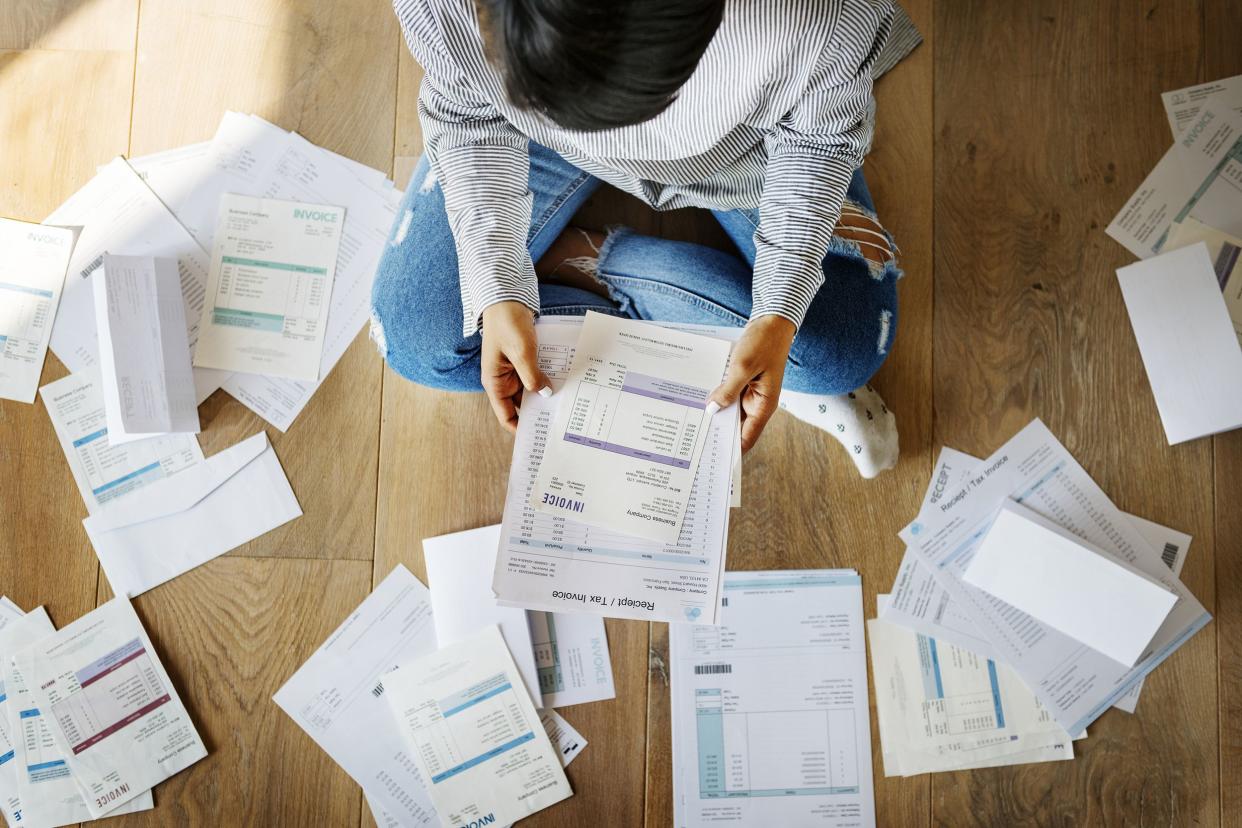
When all else is equal in terms of interest rates on your various credit cards, focus on paying off the smallest debts first, advises Marc Diana, CEO of MoneyTips. The success of eliminating the small debts will help keep you motivated and builds psychological momentum to keep going.
Related: Small Debts That Can Hurt Your Credit Score
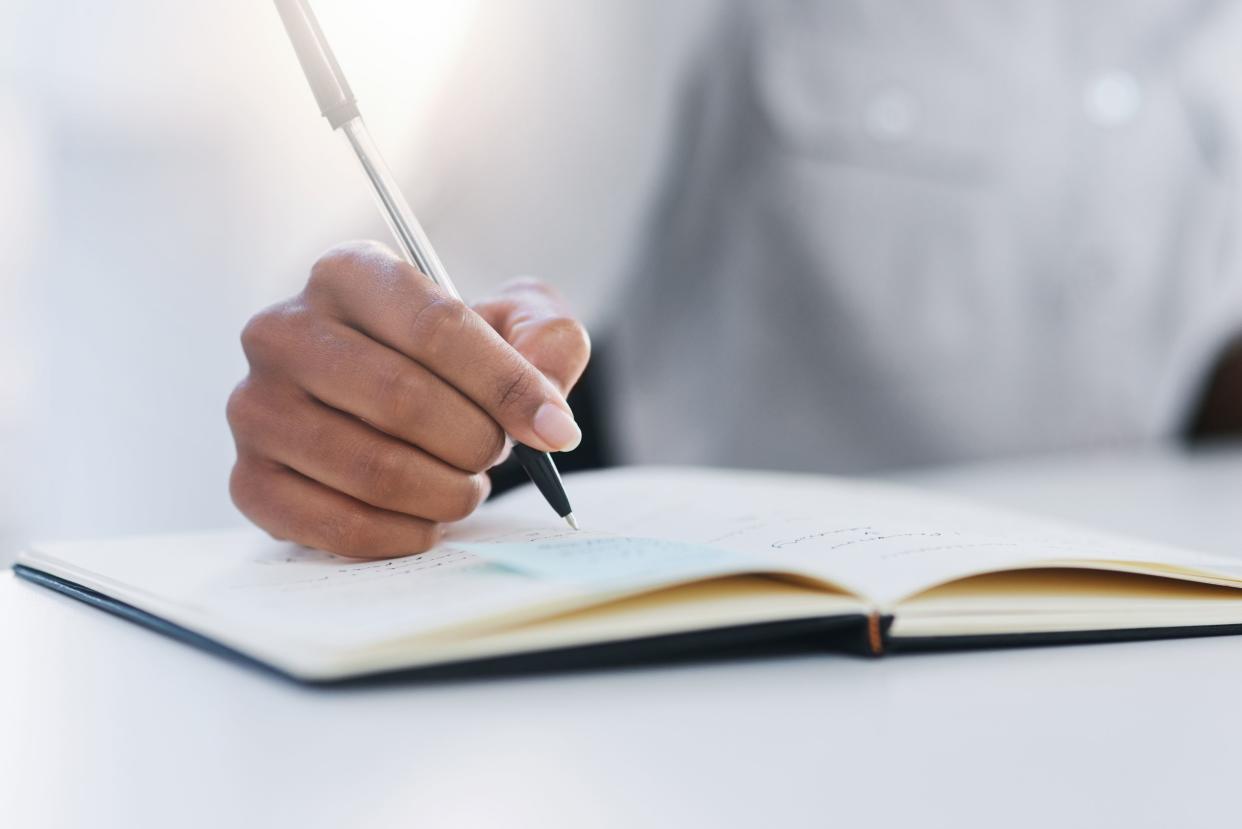
Establishing goals is a great way to achieve anything in life, and that holds true with paying off debt. “Write down the amount of money you owe and keep it in a visible place,” says Matt Dworetsky of Dworetsky Financial. “Every time you make a payment you can cross out the original amount and write the new, lower debt amount. Keeping your goals in a visible place will help keep you accountable.”
For more great personal finance tips, please sign up for our free newsletters.

Call your credit card company to ask for a lower interest rate, which can help make eliminating your debt a speedier process. “Inform your credit card company that you have been exploring lower interest rate credit cards and that, as a good customer, they should lower your rate,” says Tayne. “Sometimes they will be willing to work with you, especially if you have some sort of hardship such as illness or a sudden loss of a job.”
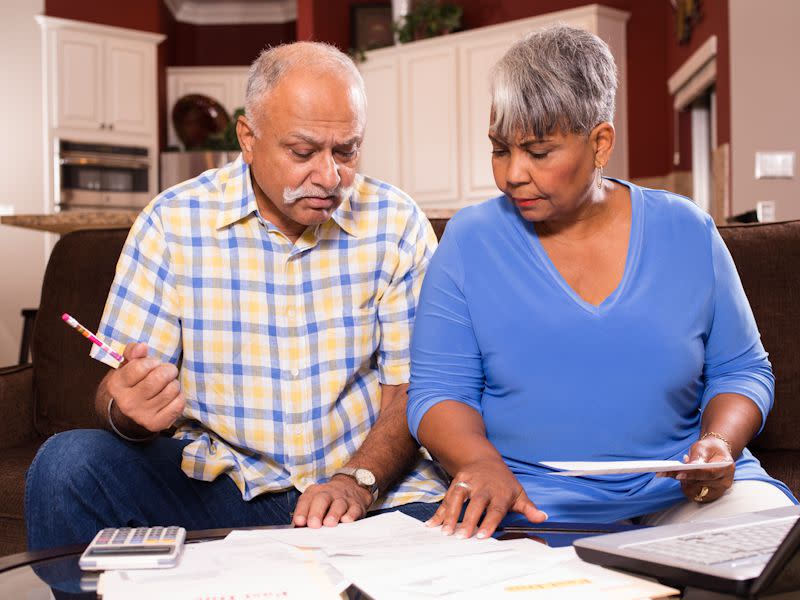
Getting out of debt goes beyond making monthly payments. It takes discipline and self-control to avoid taking on new debt, says Chelsea Hudson, former personal finance expert at TopCashback. “Say 'no' when it comes to spending money,” she says. “The money you don’t spend can go toward making extra payments toward reducing your debt.” Along the same lines, make a conscious decision to stop borrowing money, whether from a credit line or credit cards. “By putting a stop to borrowing money … you can focus solely on your existing debt.”
Related: The Definitive List of Things You Never Need to Buy

It does no good to make such big payments on credit card debt that you can’t afford to live from day-to-day. “Be realistic about exactly how much you can afford to pay extra toward debt,” says Joy Liu, a certified financial trainer with The Financial Gym. “If you're making big payments, but still end up having to charge expenses to make ends meet, then you need to re-evaluate your budget and income to make sure you can keep the debt off.”
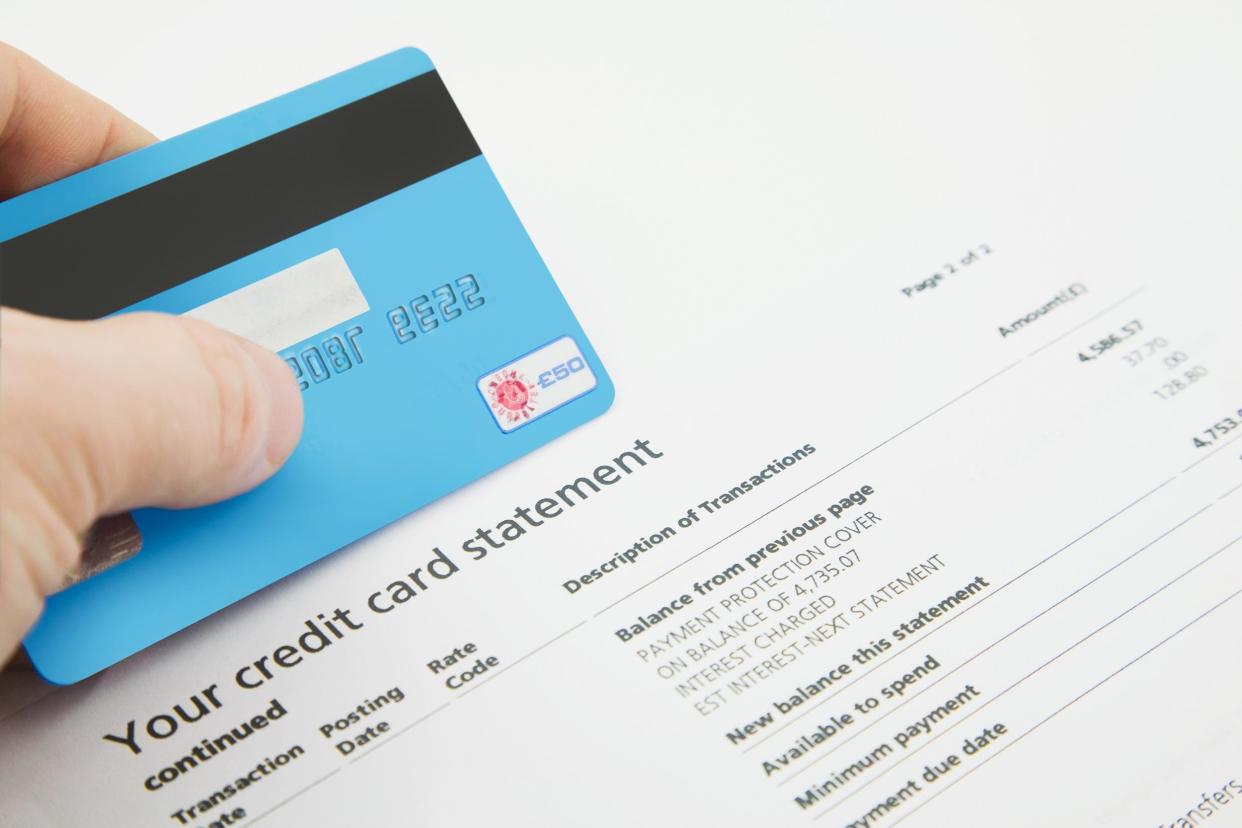
This should be well-known by now, but merely making the minimum payment on your credit cards will not get you out of debt, says Tayne. This is because of the monthly interest you will be accruing on your balance. “It will feel like running in place and could actually make you worse off in some cases,” she says. If you truly want to make some headway and say goodbye to those creditors, it’s best to figure out how much more than the minimum you can afford to contribute toward paying off your debt and stick to paying that additional amount.

Getting out of debt requires drastically reducing all expenses, says financial coach Cornelius Davis. “When I say drastically reduce your expenses I'm not just talking about stopping eating out or buying coffee — those things help but that's not enough,” he says. “You have to find ways to reduce your largest expenses. I'm talking about things like selling or downgrading a vehicle to get into something more reasonable or bringing in a roommate to reduce living expenses.”
Related: 13 Long-Term Steps to Reduce Your Living Expenses and Save Money
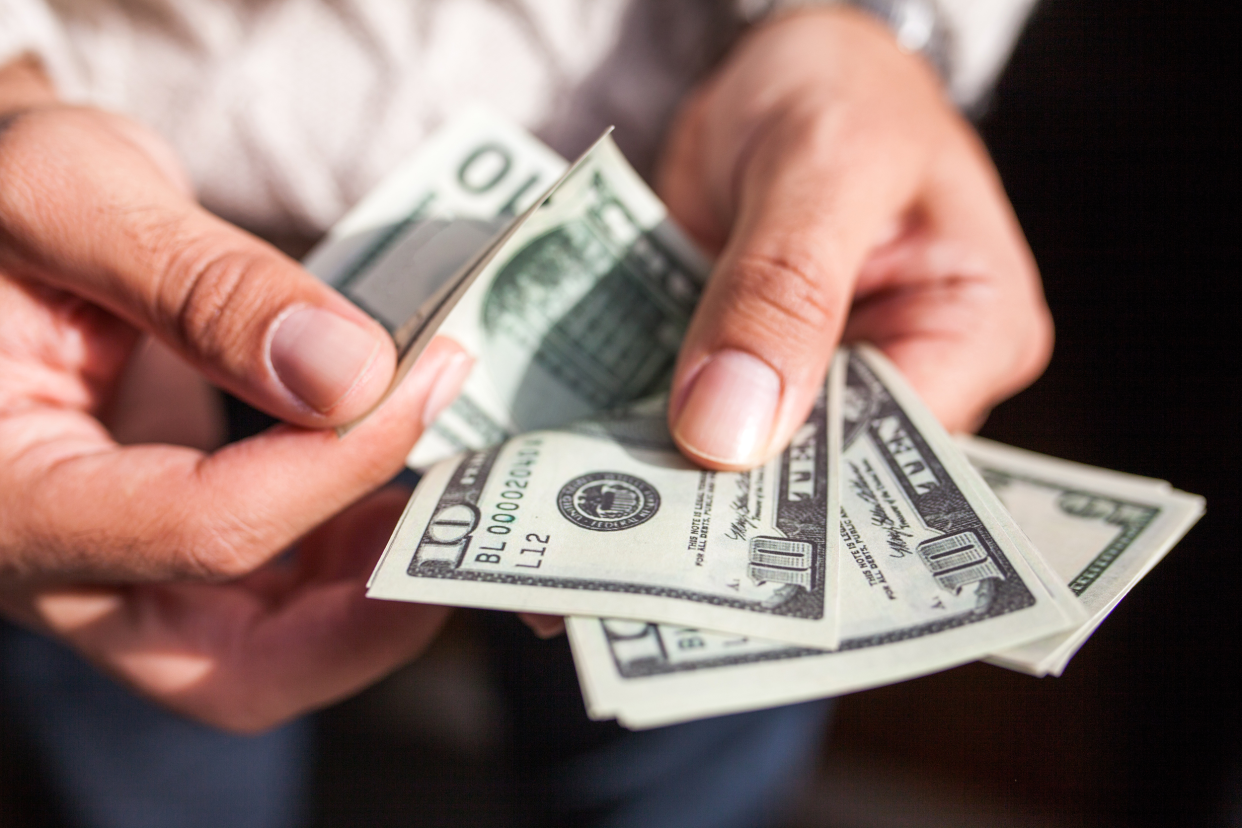
As you’re working to get out of debt, leave your credit cards home when you go out shopping. Instead, make it a point to pay for everything with cash. “Limiting yourself to cash allows you to only purchase items you truly need and deters impulse spending,” explains Hudson.
Related: 14 Situations Where Cash Beats Credit
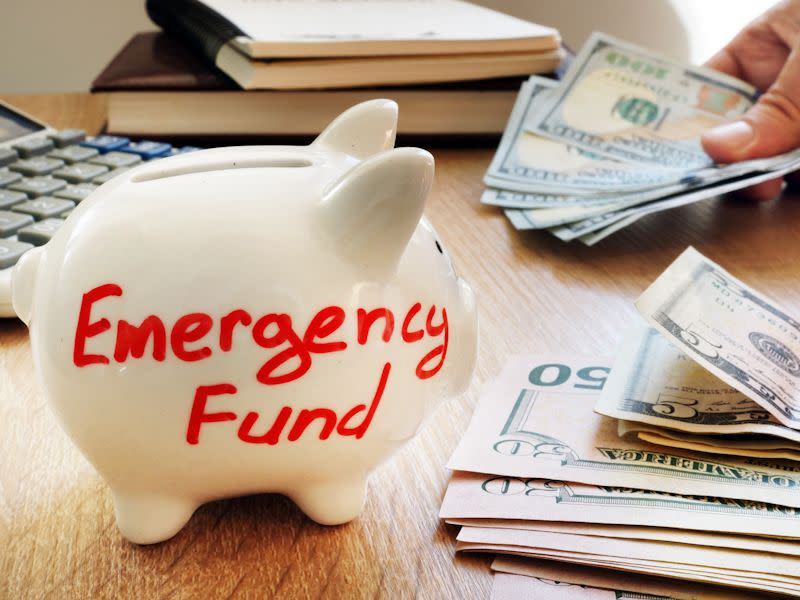
Putting any and all extra money toward credit card debt without having a solid emergency fund leaves you vulnerable to sinking back into credit card debt again in the event of an unplanned expense, says Joy Liu of The Financial Gym. “Build the habit of always saving a percentage of your income, regardless of how much debt you have, to help prevent against falling back into debt again.”
Related: Painless Ways to Grow Your Emergency Fund
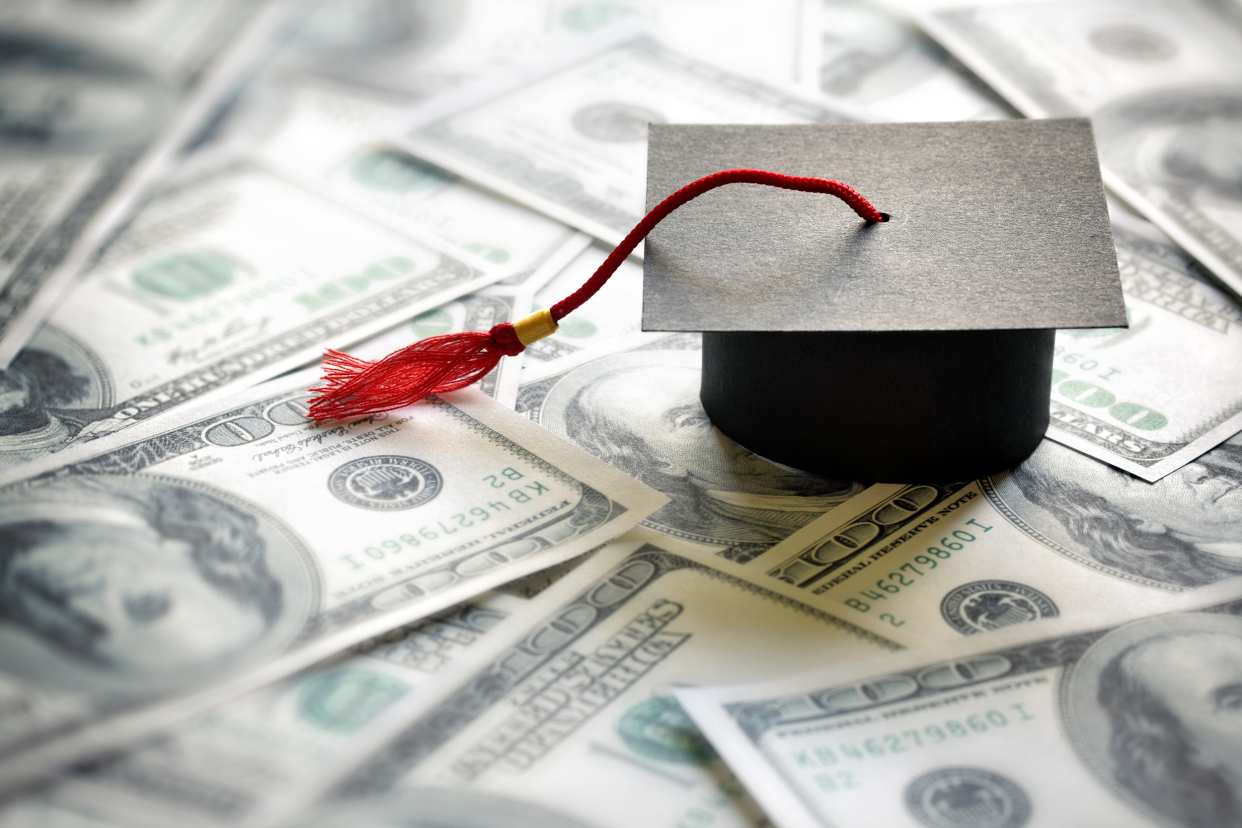
Are you a college student with student loan debt? There’s no time like the present to start paying it, says Joe DePaulo, CEO and co-founder of College Ave Student Loans. “Consider paying down your student loan now while in school. Even paying as little as $25 per month will help pay off your student loans faster, saving you money in the long run,” says DePaulo.

Tracking each and every dollar you spend helps hold you accountable for your shopping habits and ideally, allows you to make better buying decisions moving forward, says Andrea Woroch, a money-saving expert. “Write down each purchase and the dollar amount spent in a journal or notepad or by using a tracking app like Mint to see your spending in real time,” suggests Woroch. “Quickly, you will realize how much money you're wasting and can make goals to boost savings by cutting out these impulse buys.”
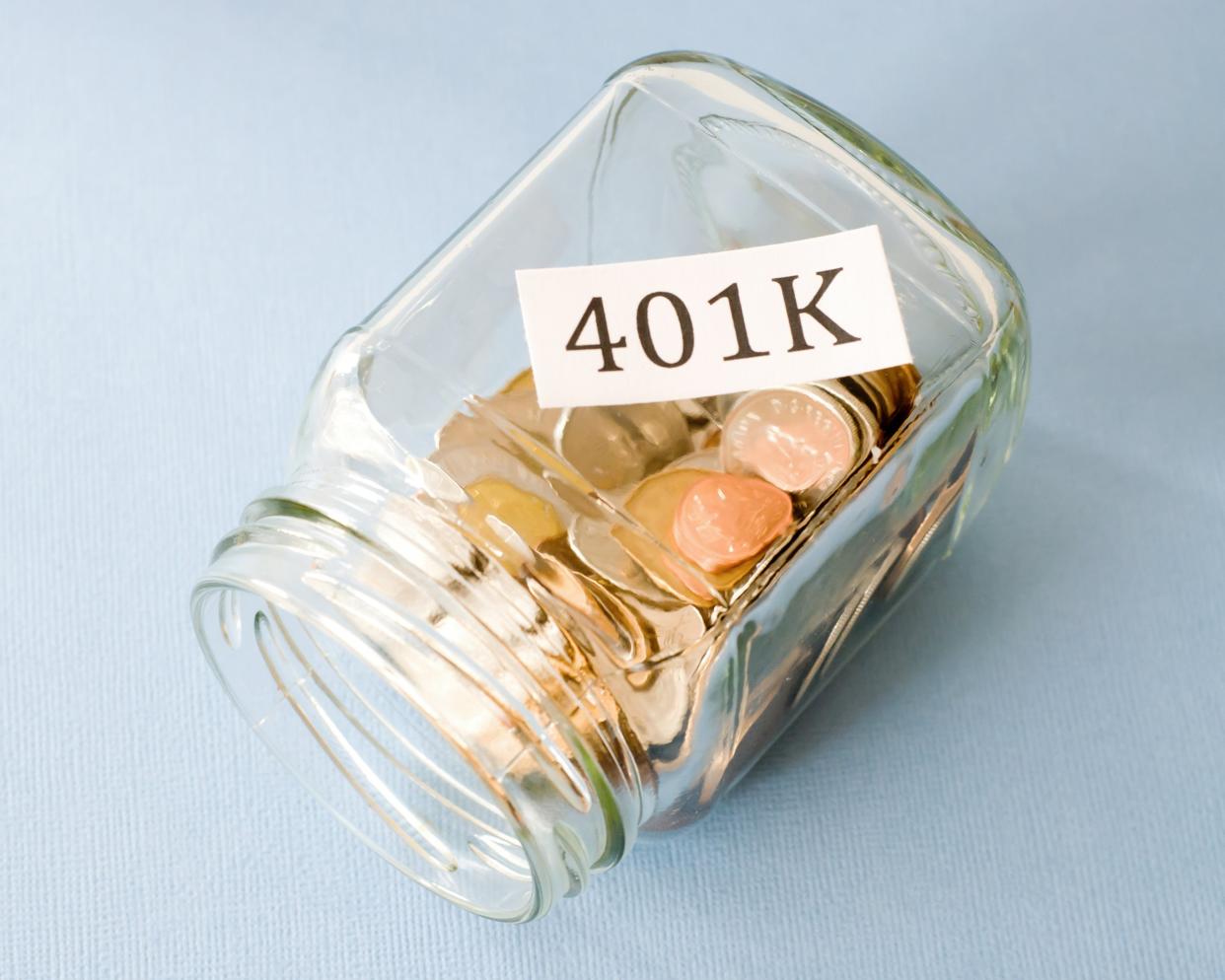
On average, you can expect your investments to earn 6% to 8% over the course of time. If you have credit card debt, it’s likely costing you more than that in interest, says Liu. “It's worth holding off on investing in your retirement and redirecting that money back into your paycheck to help you pay off your debt faster.”
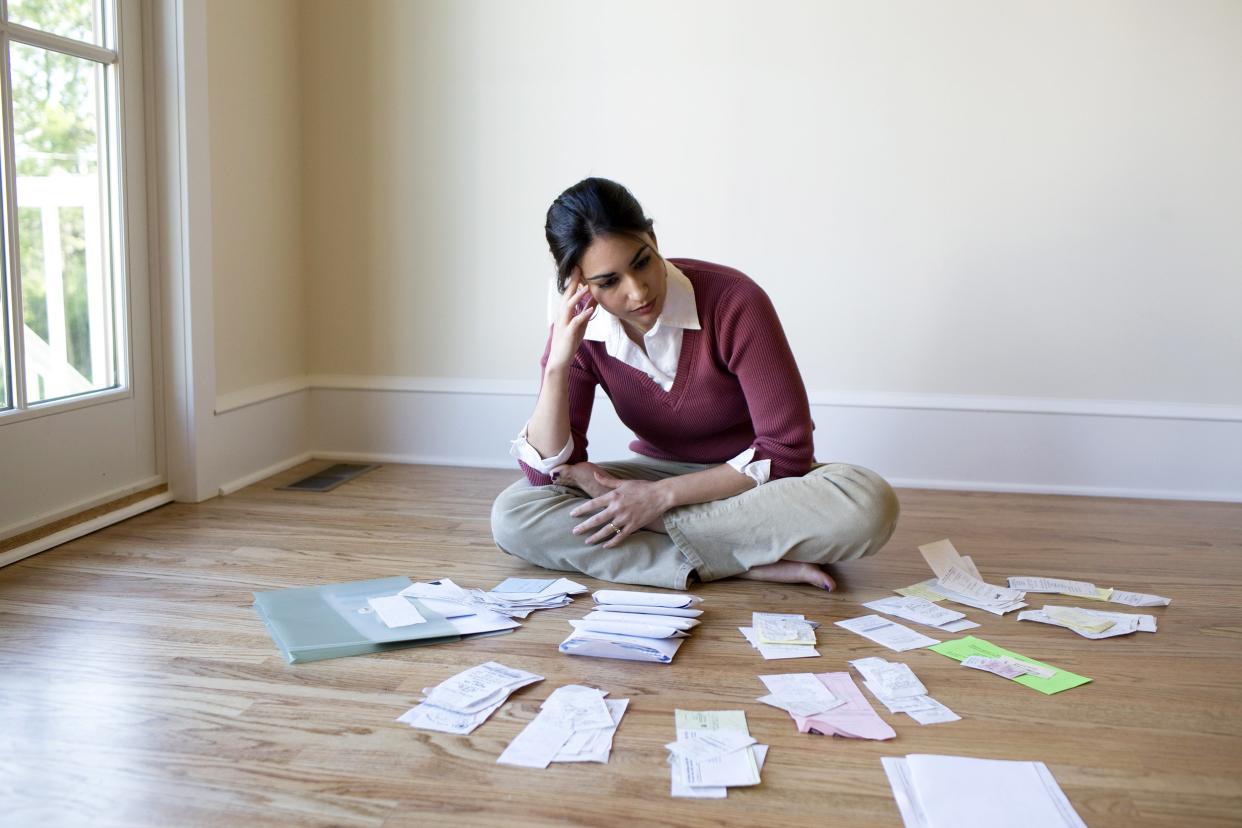
Sometimes it is possible to settle a debt for less than what you owe with the help of a debt settlement or debt consolidation company. “This will have a negative impact on your credit, but sometimes a status of 'settled' is better than 'unpaid,'” says Diana. Some of the top debt settlement companies include Freedom Debt Relief, National Debt Relief, CuraDebt, and New Era Debt Solutions.
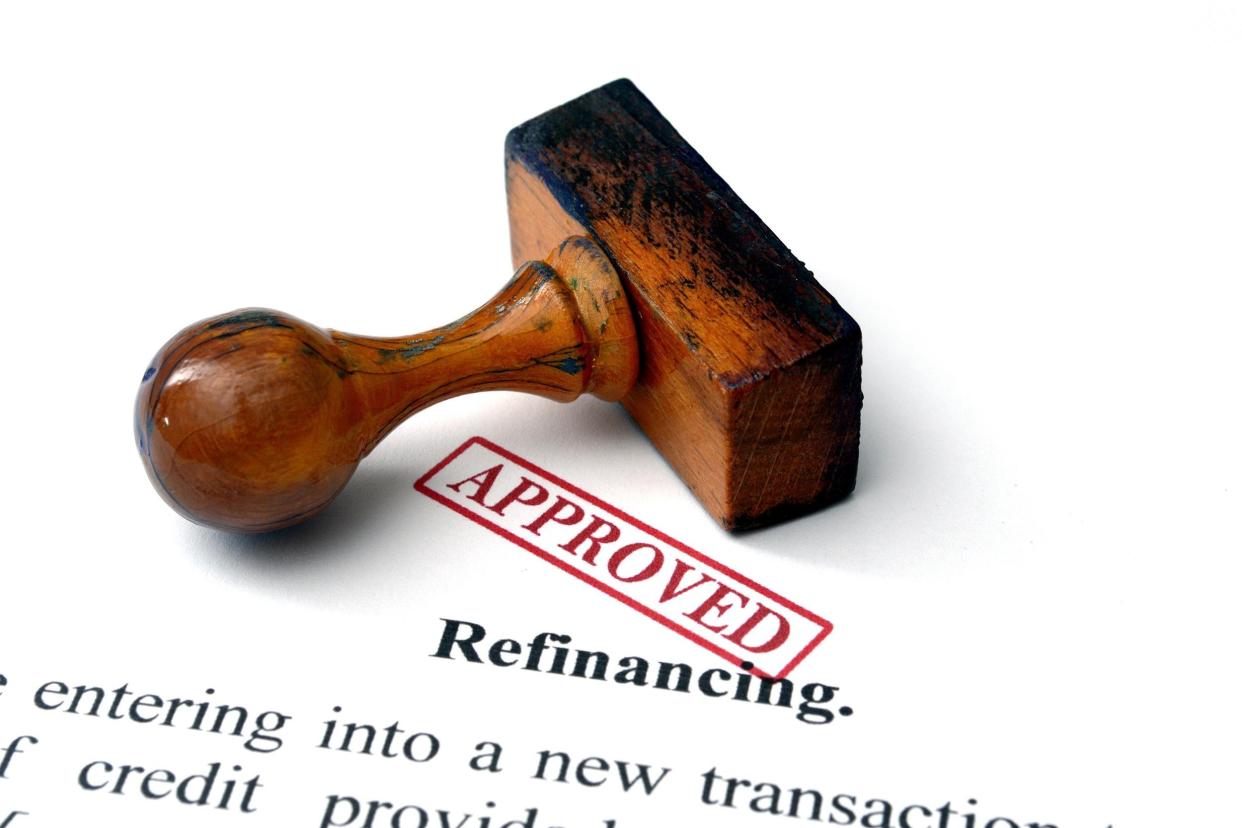
Car loans are often a significant part of one’s debt picture. Quite often those car payments are steep, says Christian Lavender of RateGenius. “Most people continue to make payments with a very high interest rate unaware that they have an option to refinance their car at a lower rate. Auto refinancing, on average, can save you as much as $78 a month.”
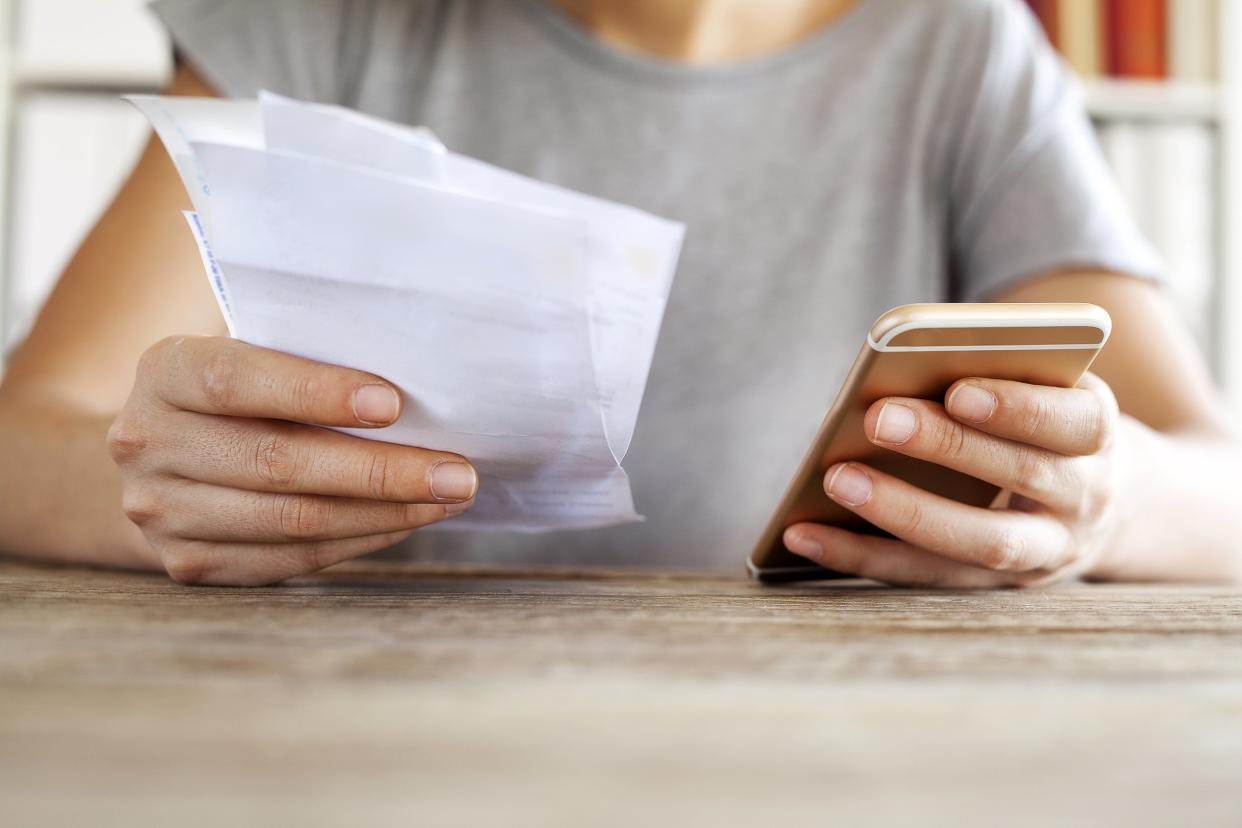
If you’re working to eliminate mortgage debt or an auto loan quicker, make an extra payment each year, advises John Crossman, CEO of Crossman & Company. “If you have a mortgage, pay it 13 times a year instead of 12. The same with a car loan,” he explains. “One extra payment does wonders for knocking down your principal.”
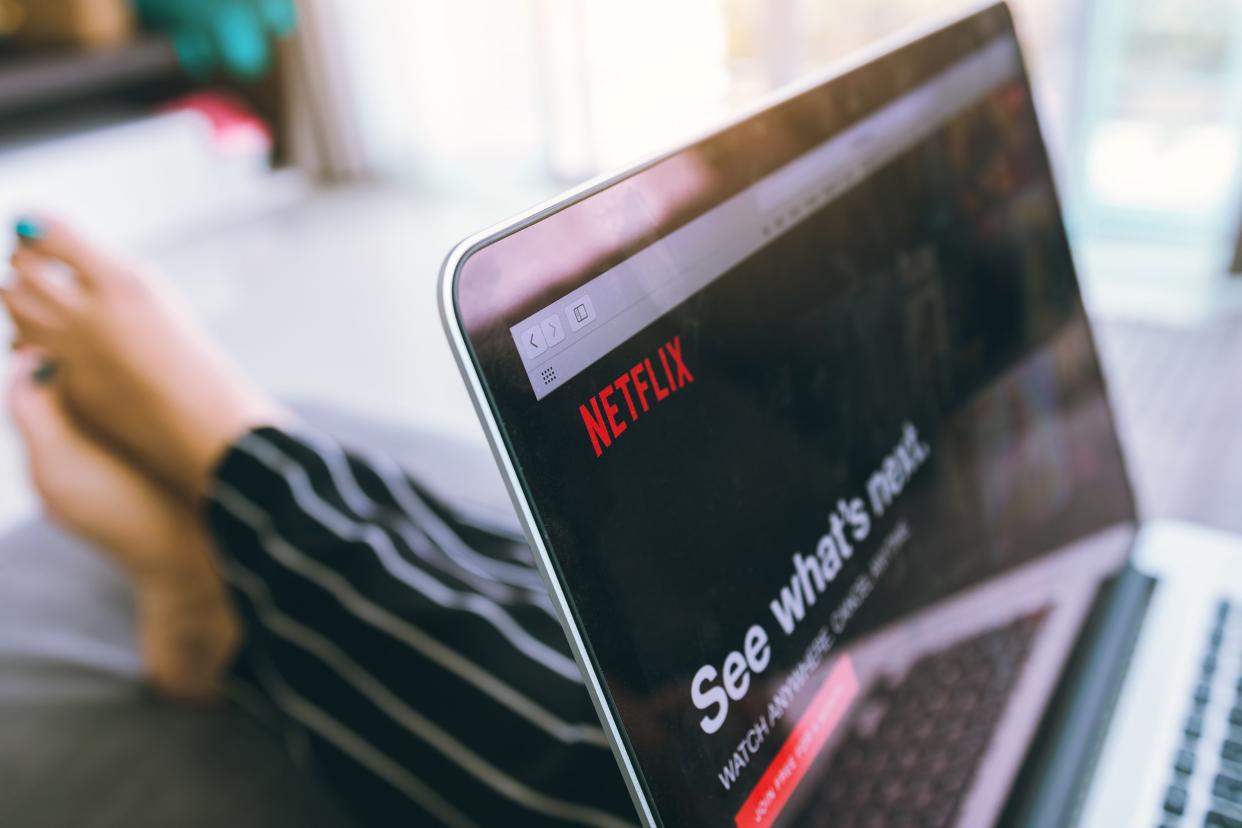
Are you benefitting sufficiently from services like Netflix, Amazon Prime or Hulu? If not, eliminate them, says consumer education writer Janice Lintz. She advises scanning your bills regularly to ensure you aren’t overpaying on critical services, too. “I found the Disney Channel on my cable bill, and no one in my household was watching it,” she says. Use the money you are saving from such efforts to more quickly pay your debt down.

Reduce the risk of making impulse purchases by deleting your credit card information from all websites, says Will Craig of the U.K. site LeaseFetcher. “It's easy to end up getting deeper in debt by impulse purchases, especially on the internet,” says Craig. “One of the easiest ways to reduce this temptation is to make the act of buying something a lot more difficult. Delete your card information from popular online stores that you frequently use so that if you want to buy something you have to go through the additional step of entering your card data. This extra step can often help you decide if it’s a necessary purchase or an impulse one.”
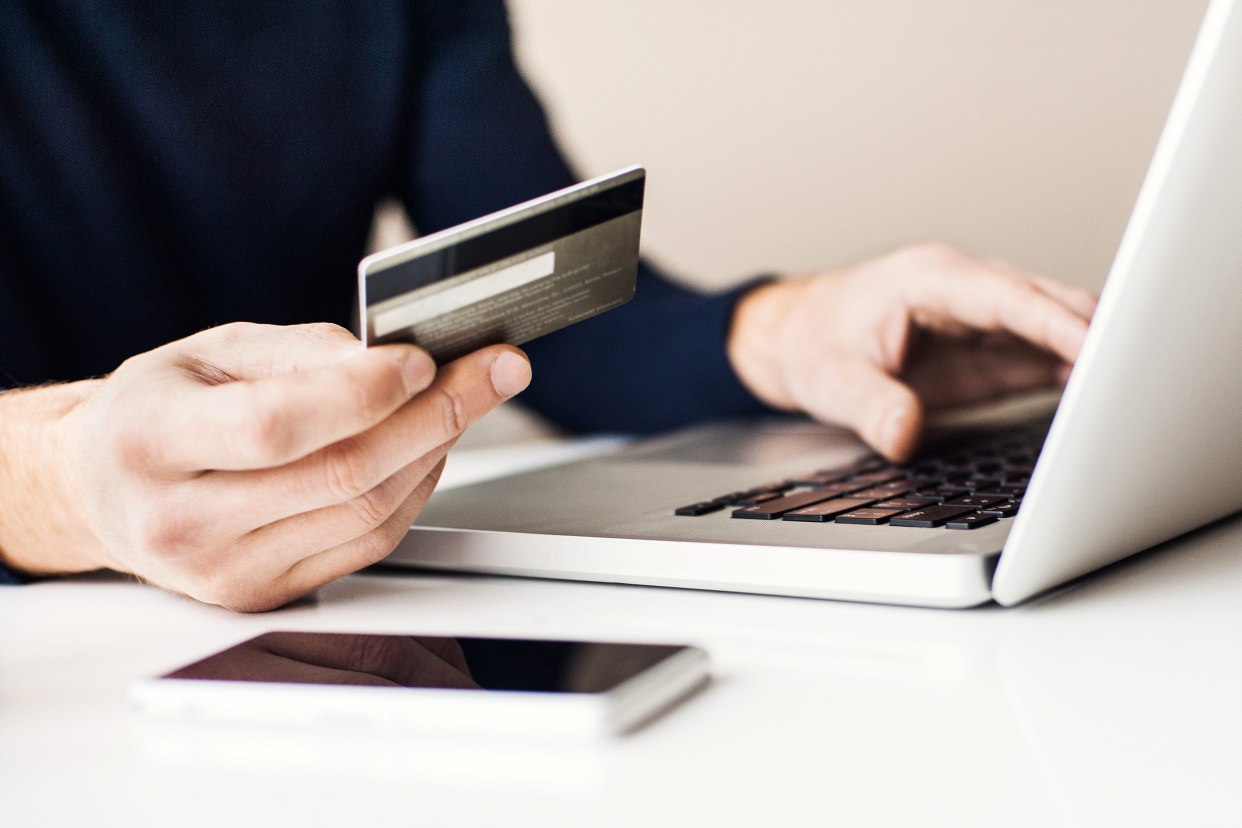
If your credit score is good enough, one of the most helpful steps you can take is transferring your debt to a credit card with a zero percent interest introductory rate to stem your interest growth. “However, make sure you can pay off that card in full on time to avoid getting into more debt,” says Diana of MoneyTips.

When trying to get out of debt, borrowing from your long-term savings or 401(k) may sound like an easy solution, but it only creates a new problem, says Tayne of Tayne Law Group. “Rather than owing money to creditors, you now owe money to yourself,” she says. “This may seem easier, but you will have lost out on any interest your accounts had gained and will have to contribute even more to make up for the losses.”

If paying off debt is taking longer than you’d like, try picking up a side hustle to earn some extra cash, suggests Hudson. “Nowadays, if you have a computer, car, or skill, you can easily generate a second income. Bringing in extra cash to throw at your debt is the best way to pay down debt faster without going over your budget or living on a tight expense plan.”
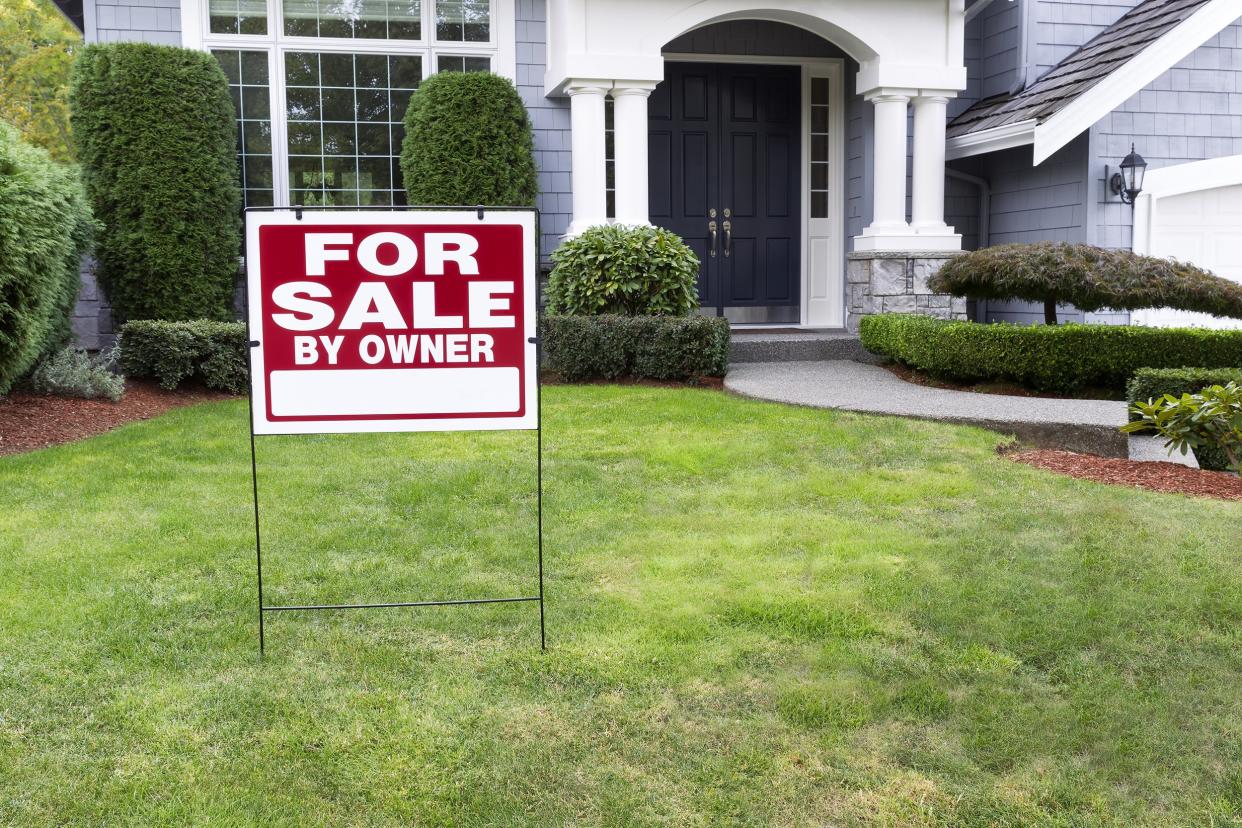
Some large debts, such as a mortgage or an auto loan, can be downright crippling. Under such circumstances, a wholesale change may be necessary. “Selling your home or moving to a place with lower rent can save a lot of money and contribute toward reducing other debt,” says MoneyTips' Diana. “When your spending is back on track, you can always reevaluate.”
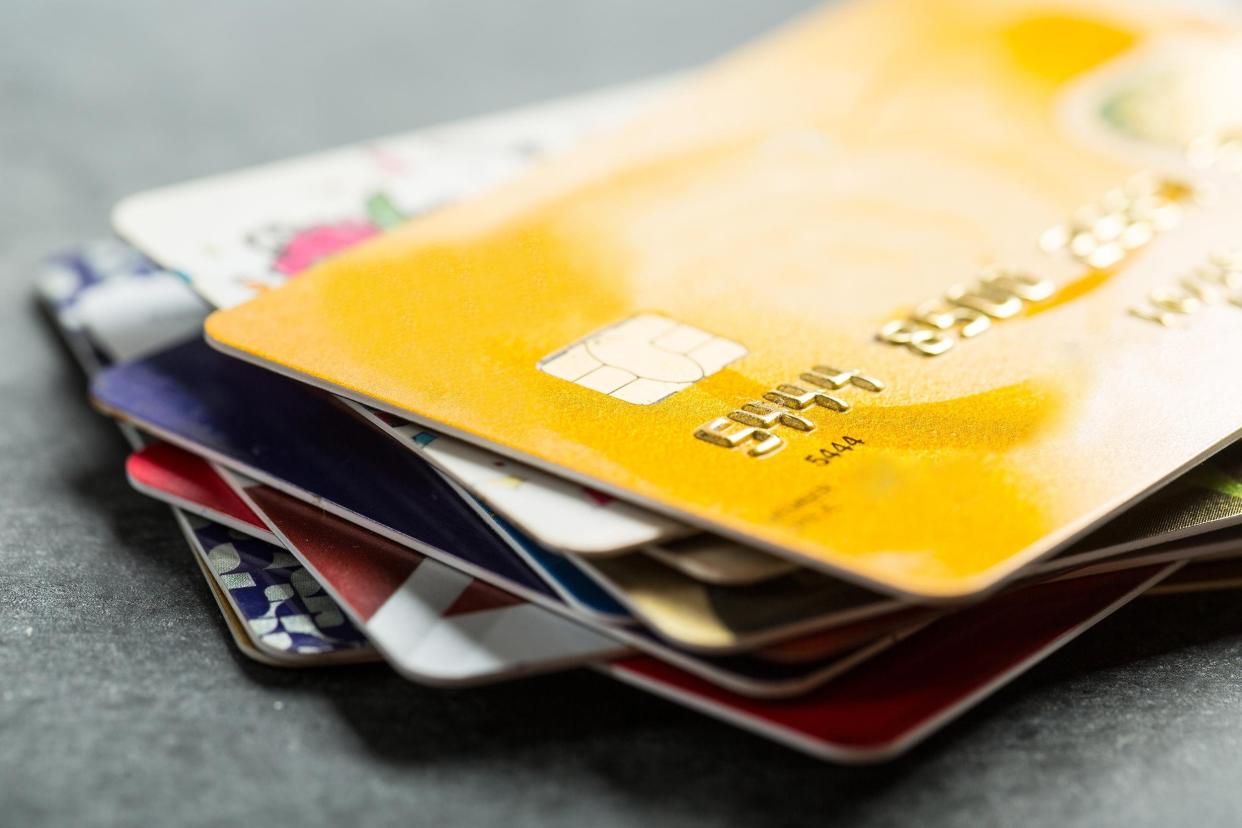
There are a number of different methods to pay off debt, but the most effective is to pay off your debt with the highest interest rate first, says Tayne. “This will allow you to cut down the amount you pay in interest over time, saving you money,” she explains.

Many people don’t take the time to understand their values, says Jon Dulin, creator of MoneySmartGuides. “Many people buy things with the belief that the items are making them happy. In reality, these items are not adding any value at all,” says Dulin, who successfully paid off more than $10,000 in debt. “For me this hit home in helping me to overcome my debt. I was spending money on clothing and electronics thinking they made me happy when they didn't. I enjoyed spending time outdoors and with my friends. When I took the time to understand my values, I quickly stopped unneeded spending.”

This tip ties back to making lifestyle changes. Part of those changes, for most people, will involve creating and sticking to a much stricter budget. “Plan necessary expenses such as bills, rent, mortgage, and food in advance and leave extra money for emergencies and discretionary purchases,” says Diana. “Your debt reduction goal should be reasonable for your lifestyle, not so aggressive that you give up before reaching your goal.”

There’s no shame in asking for help, says Tayne. “You’re not alone in your struggle with debt,” she notes. “Seeking counsel from a professional can get you on the right track and support you in your journey to get out of debt.”
Sponsored: Find a Qualified Financial Advisor
Finding a qualified financial advisor doesn't have to be hard. SmartAsset's free tool matches you with up to 3 fiduciary financial advisors in your area in 5 minutes.
Each advisor has been vetted by SmartAsset and is held to a fiduciary standard to act in your best interests. If you're ready to be matched with local advisors that can help you achieve your financial goals, get started now.

Like Cheapism's content? Make sure to follow us here.
